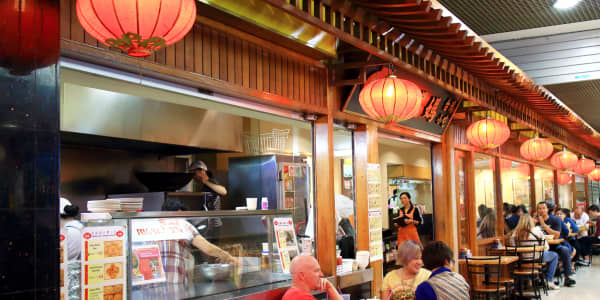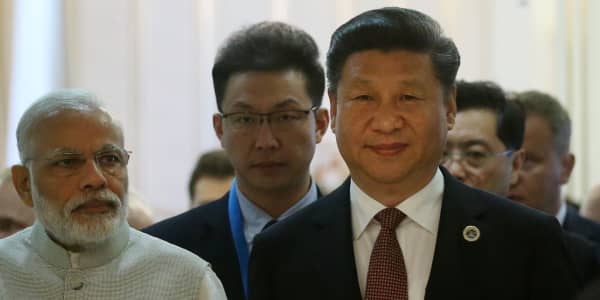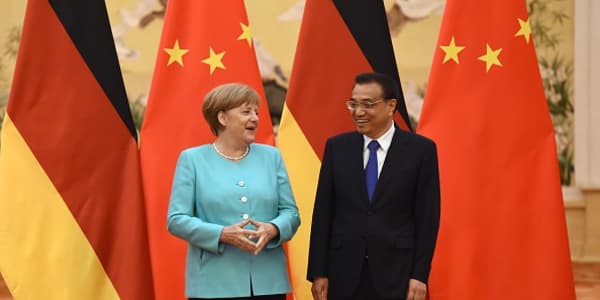
The controversy surrounding a nuclear power plant has sparked concerns that U.K.-China trade relations, once a key part of David Cameron's government policy, could be cooling.
The announcement that new government of Prime Minister Theresa May would be reviewing the construction of two new nuclear reactors at the U.K.'s Hinkley Point, putting any planned start back even further, appeared to mark a departure from the enthusiastic courting of Chinese investment under the recently departed Cameron.
Last year London-Beijing relations appeared to have moved from flirtation to serious engagement, with Chinese investors tripling the amount they spent buying U.K. companies between 2014 and 2015.
A series of deals, including Hong Kong-based Hutchison Whampoa's acquisition of U.K. mobile telecom operator O2 from Telefónica for $15.3 billion, were announced. Xi Jinping, the Chinese President, who made a high-profile visit last October. The trip, which included meeting the Queen and visiting Manchester City's football ground, seemed to herald a newly close ties between the two countries.
After new Prime Minister Theresa May came to power last month, the relationship looked set to continue, with Philip Hammond, George Osborne's replacement at the Treasury, announcing just last week that he had begun discussions with China on an new free trade deal. The agreement, if it went ahead, could be one of the country's biggest post-Brexit trade deals, and the first time China struck such a deal with a European country.
However, now, the Hinkley Point decision "adds uncertainties to the "Golden Era" of China-UK ties," according to a commentary published under the byline Tian Dongdong on Xinhua, the official press voice of the Chinese government, Monday.
Jim O'Neill, the former Goldman Sachs economist who is best known for coining the term BRICS and played a key part in strengthening ties with China as a Treasury minister, was reported by the Financial Times to be considering resigning over the Hinkley Point delay.
There have long been concerns about the cost of the electricity generated through the deal - £92.50 per megawatt hour of electricity produced, compared to £48 per megawatt hour last year. EDF, the French energy company which was another investor in the project, saw its shares soar after the deal was delayed.
However, May could also be listening to Nick Timothy, one of her closest aides, about the wisdom of allowing the Chinese access to potentially sensitive national assets. Timothy wrote a blog post last year that the red carpet welcome was "baffling" given security concerns around Chinese state-backed companies being granted access to sensitive sectors.
"Rational concerns about national security are being swept to one side because of the desperate desire for Chinese trade and investment," he wrote in a blog on the influential Conservative Home website.
Vince Cable, the former U.K. business secretary who worked with May during the Conservative-Liberal Democrat coalition government of 2010-2015, has described her as "unhappy about the rather gung-ho approach to Chinese investment that we had".
Still, the Chinese hold plenty of cards in this game, and are unlikely to take kindly to the implication of untrustworthiness on their part.
"China can wait for a rational British government to make responsible decisions, but can not tolerate any unwanted accusation against its sincere and benign willingness for win-win cooperation," the Xinhua editorial warned.





